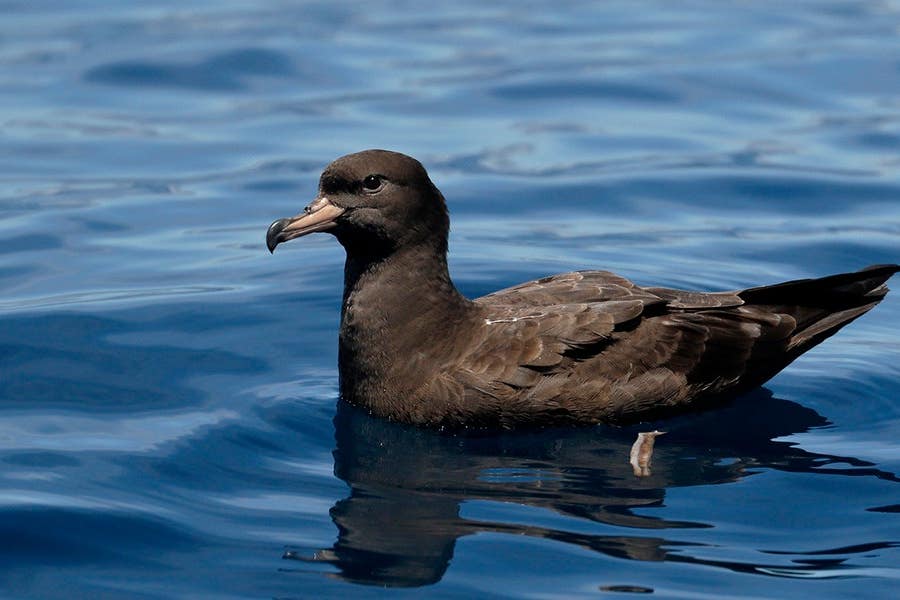New disease caused by plastic pollution found in birds for first time
Scientists said that given the scale of plastic pollution, many more wild birds may be affected

Your support helps us to tell the story
From reproductive rights to climate change to Big Tech, The Independent is on the ground when the story is developing. Whether it's investigating the financials of Elon Musk's pro-Trump PAC or producing our latest documentary, 'The A Word', which shines a light on the American women fighting for reproductive rights, we know how important it is to parse out the facts from the messaging.
At such a critical moment in US history, we need reporters on the ground. Your donation allows us to keep sending journalists to speak to both sides of the story.
The Independent is trusted by Americans across the entire political spectrum. And unlike many other quality news outlets, we choose not to lock Americans out of our reporting and analysis with paywalls. We believe quality journalism should be available to everyone, paid for by those who can afford it.
Your support makes all the difference.Scientists have found a new disease in wild birds caused solely by plastic pollution.
Termed plasticosis, the disease is caused by small pieces of plastic inflaming the digestive tract.
It is thought that seabirds eat the plastic when fishing and then accidentally feed it directly to their chicks.
Over time, the persistent inflammation scars and deforms the tissue and the birds struggle to digest food and grow properly, affecting their ability to survive.
A team of scientists from Australia and the UK decided to name the new disease after seeing widespread scarring in flesh-footed shearwater birds on Australia’s Lord Howe Island.
They noticed that birds that had eaten more plastic had more scarring to the proventriculus organ – the first part of a bird’s stomach.
Dr Alex Bond of the Natural History Museum, who co-authored the study said: “While these birds can look healthy on the outside, they’re not doing well on the inside.”
“This study is the first time that stomach tissue has been investigated in this way and shows that plastic consumption can cause serious damage to these birds’ digestive system.”
Publishing their work in the Journal of Hazardous Materials, the researchers found that other inorganic items found in the birds’ guts, such as pumice stones, do not contribute to such scarring.
Characterised as a fibrotic disease, which is defined by scarring to the tissue, plasticosis can lead to the gradual breakdown of tubular glands in the proventriculus.
Affected birds become more vulnerable to infection and parasites and struggle to properly digest food and absorb vitamins.
While plasticosis has only been identified in one bird species, the researchers said that because of the scale of plastic pollution, it may be much more widespread.
It is estimated that there are 30 million tonnes of plastic waste in the world’s oceans, with a further 109 million tonnes in rivers that will continue to leak into the sea for decades.
An OECD report published last year said production of plastic has doubled worldwide in the last 20 years, with only 9% of it being successfully recycled and 22% mismanaged and left to pollute the environment.
In the UK it is estimated that five million tonnes of plastic are used every year, nearly half of which is packaging.
The Government has said it will introduce a bottle-return scheme from 2025 and a ban on single-use plastic plates, trays, bowls, cutlery, balloon sticks and polystyrene containers from October.